2,000 "legally invisible" Serbians
There are more than 2,000 “legally invisible” persons in Serbia who are outside of education, health and social protection systems.
Thursday, 13.01.2011.
16:41

There are more than 2,000 “legally invisible” persons in Serbia who are outside of education, health and social protection systems. Competent authorities, however, do not believe that such problem exists. 2,000 "legally invisible" Serbians “Despite the fact that they belong to the poorest layer of society, they do not even have the right to free meals in soup kitchens,” said Director of Praxis NGO Ivanka Kostic. She told B92 that the Serbian Constitution guaranteed legal personality to every citizen but that there were no laws that governed the process of birth registration and that these people legally did not exist. “You cannot reject someone’s request to additionally enter into birth registry because they do not have enough information, because they don’t know who their parents are, don’t know information about their parents because they lived on the street without guardianship,” Kostic pointed out. The Praxis director said that the EU Delegation to Serbia had also recognized the problem and that it had noted in its report on Serbia’s progress for 2009 and 2010 that there were no laws that governed this process. “That was also mentioned in the (EC) questionnaire. We’ll see now what the authorities will say, what they intend to do, but so far they’ve been denying that the problem exists, especially at the Public Administration and Local Self-Government Ministry, and that’s in fact the biggest problem,” she stressed.
2,000 "legally invisible" Serbians
“Despite the fact that they belong to the poorest layer of society, they do not even have the right to free meals in soup kitchens,” said Director of Praxis NGO Ivanka Kostić.She told B92 that the Serbian Constitution guaranteed legal personality to every citizen but that there were no laws that governed the process of birth registration and that these people legally did not exist.
“You cannot reject someone’s request to additionally enter into birth registry because they do not have enough information, because they don’t know who their parents are, don’t know information about their parents because they lived on the street without guardianship,” Kostić pointed out.
The Praxis director said that the EU Delegation to Serbia had also recognized the problem and that it had noted in its report on Serbia’s progress for 2009 and 2010 that there were no laws that governed this process.
“That was also mentioned in the (EC) questionnaire. We’ll see now what the authorities will say, what they intend to do, but so far they’ve been denying that the problem exists, especially at the Public Administration and Local Self-Government Ministry, and that’s in fact the biggest problem,” she stressed.











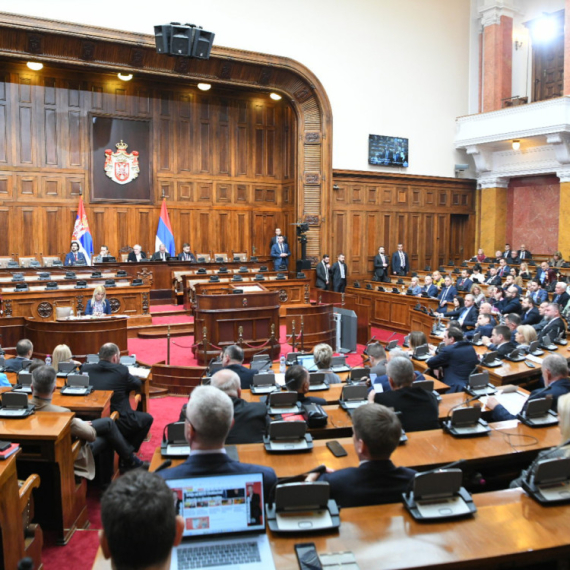





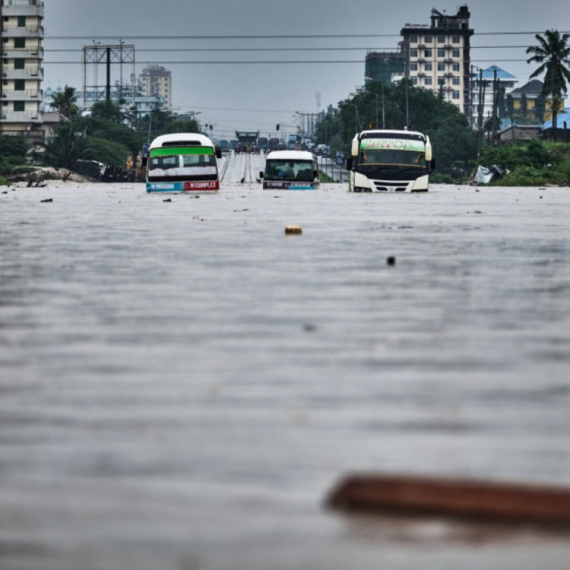
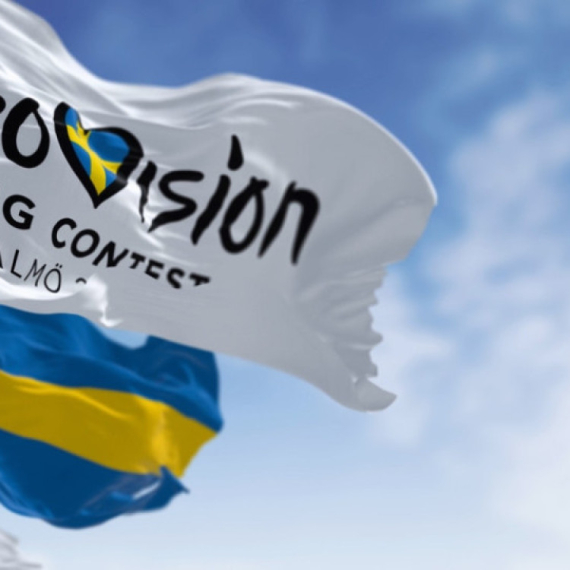





























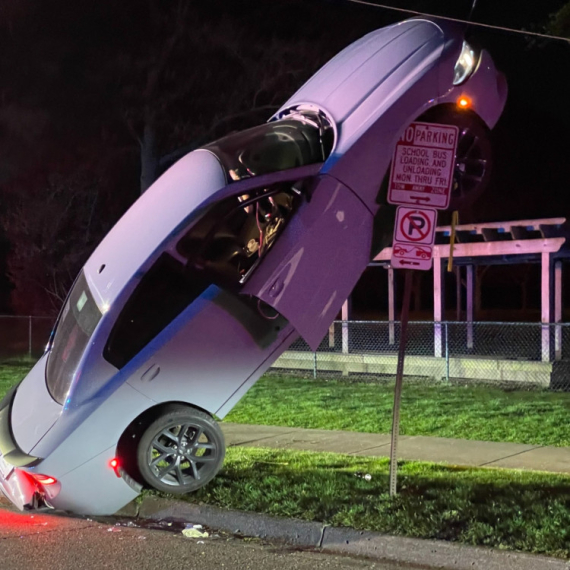

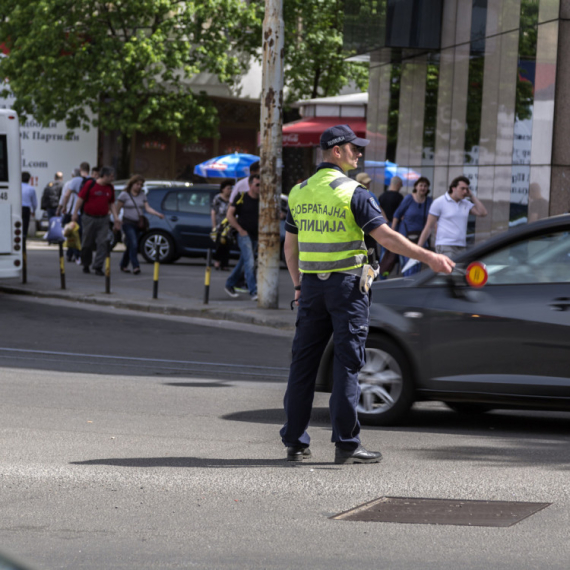








Komentari 0